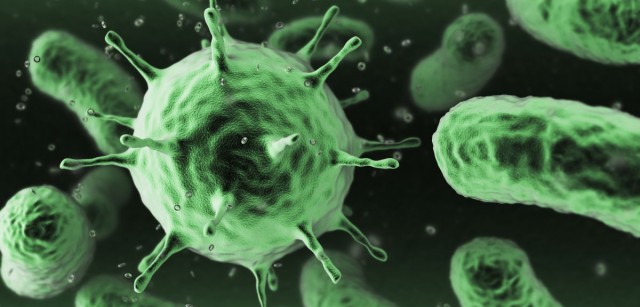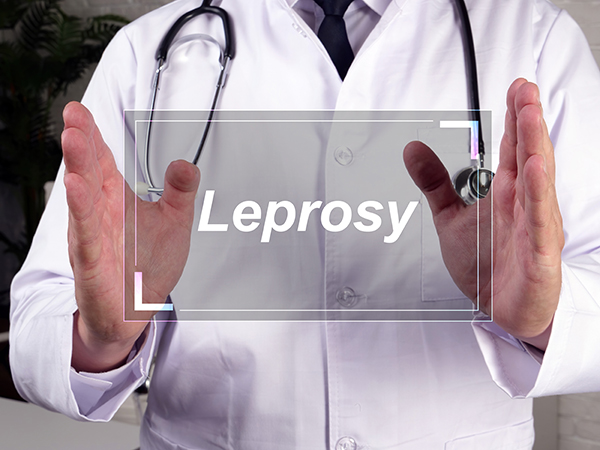
The new findings come from a group of Austrian researchers led by Dr. Christoph Steininger, an infectionologist from the Division of Infectious Diseases and Tropical Medicine of the Medical University of Vienna. The team was conducting a large-scale study of H. pylori for its significant antibiotic resistance.
The Austrian Society of Gastroenterology and Hepatology collaborated with the MedUni Vienna team.
First found in the supposedly-sterile acidic environment of the human stomach, the H. pylori bacterium is linked to gastritis and stomach cancer. Symptoms of Helicobacter infection include loss of appetite, nausea, and experiencing pain in the upper abdomen.
In addition to withstanding stomach acids, H. pylori bacteria demonstrates a significant level of resistance to clarithromycin and many other standard antibiotics. Alternative methods that can treat these cases of antibiotic-resistant bacterial infection are currently under consideration.
The discovery of H. pylori's existence in the stomach led to studies that confirmed the presence of other microbes in micro-environments that were previously considered to be inhospitable. The urinary bladder and the lungs, for example, harbored a large population of microbes.
A diverse microbiome ensures the health of its human host
The term "microbiome" encompasses all microbial lifeforms found in an ecosystem such as the human body. Changes in the ecosystem – for example, a shift in lifestyle or diet by the human host – prompts local populations of bacteria to adapt themselves to the new conditions.
Most of these microbes originate in the oral cavity, a natural breeding place for bacteria. Whenever the host swallows them, bacteria can travel down the esophagus and reach the gastrointestinal system.
The powerful gastric acids of the stomach eliminate most harmful microbes. The survivors are usually good bacteria that make their way to the gut microbiome, where they can assist various functions of the intestines.
Some of the bacteria remain in the stomach, however. They constitute the gastric microbiome, a surprisingly diverse and flourishing group of microbes.
Seeing as how the stomach serves as the gate between the mouth and the gut, a diverse gastric microbiome guarantees the healthy heterogeneity of the bacterial populations in the connected colon. (Related: Roundup (glyphosate) found to cause alarming changes in the gut microbiome.)
Everything changed when the H. pylori population attacked
Getting a Helicobacter infection disrupts this harmonious relationship. H. pylori will compete with other stomach bacteria species and force out rivals until it becomes the only occupant of the stomach.
If such a hostile takeover of the stomach takes place, new batches of bacteria from the mouth will not make it to the colon. The lack of new influx of microbes will reduce the diversity of gut flora.
Nowadays, health professionals are aware of the connection between the state of the gut microbiome and intestinal diseases. A weakened gut is prone to chronic inflammatory bowel disease (IBD) and other ailments.
Health professionals who are diagnosing a disruption in gut flora would be wise to keep in mind the possibility of a Helicobacter infection. The bacteria's resistance to common antibiotics would stymie conventional treatments.
As of the publication of the study, the exact method by which H. pylori spreads from person to person is unknown. It is, however, known to be infectious.
Dr. Steininger's team is currently looking into the specific changes that take place in the gastric environment during an H. pylori infection, as well as the resulting changes in gut flora diversity.
Sources include:
Please contact us for more information.























